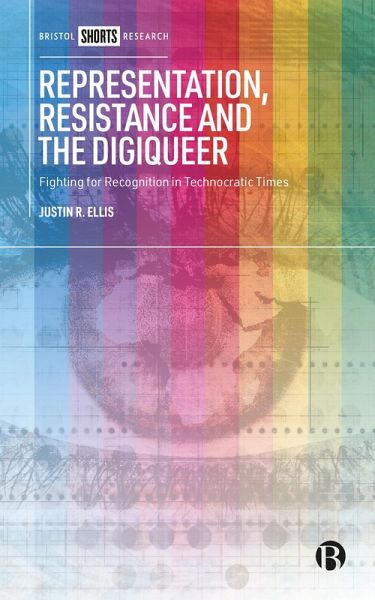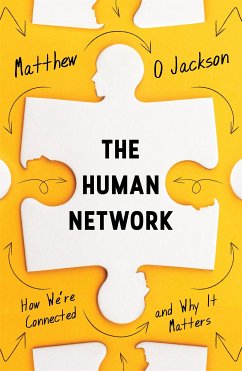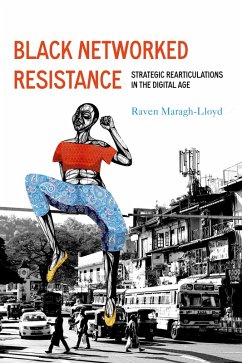
Representation, Resistance and the Digiqueer (eBook, ePUB)
Fighting for Recognition in Technocratic Times
Versandkostenfrei!
Sofort per Download lieferbar
16,95 €
inkl. MwSt.
Weitere Ausgaben:

PAYBACK Punkte
8 °P sammeln!
Digital media technologies have enabled some LGBTQ+ individuals and communities to successfully organize for basic rights and justice. But these technologies can also present risks, such as online and in-person harassment and assault, and unsettled standards of privacy and consent. Justin Ellis provides new insights on LGBTQ+ identity formation through social media networks and platform biometrics. Drawing on debate over gender, procreation, religion, nationalism and tech-regulation, he considers the effects of surveillance technologies on LGBTQ+ agency. In doing so, he brings an interdiscipli...
Digital media technologies have enabled some LGBTQ+ individuals and communities to successfully organize for basic rights and justice. But these technologies can also present risks, such as online and in-person harassment and assault, and unsettled standards of privacy and consent.
Justin Ellis provides new insights on LGBTQ+ identity formation through social media networks and platform biometrics. Drawing on debate over gender, procreation, religion, nationalism and tech-regulation, he considers the effects of surveillance technologies on LGBTQ+ agency. In doing so, he brings an interdisciplinary 'digiqueer' perspective to negotiations of LGBTQ+ identity through case studies of digital harms from case law, parliamentary debates, social and mainstream media and LGBTQ-tech advocacy.
Justin Ellis provides new insights on LGBTQ+ identity formation through social media networks and platform biometrics. Drawing on debate over gender, procreation, religion, nationalism and tech-regulation, he considers the effects of surveillance technologies on LGBTQ+ agency. In doing so, he brings an interdisciplinary 'digiqueer' perspective to negotiations of LGBTQ+ identity through case studies of digital harms from case law, parliamentary debates, social and mainstream media and LGBTQ-tech advocacy.
Dieser Download kann aus rechtlichen Gründen nur mit Rechnungsadresse in A, D ausgeliefert werden.













